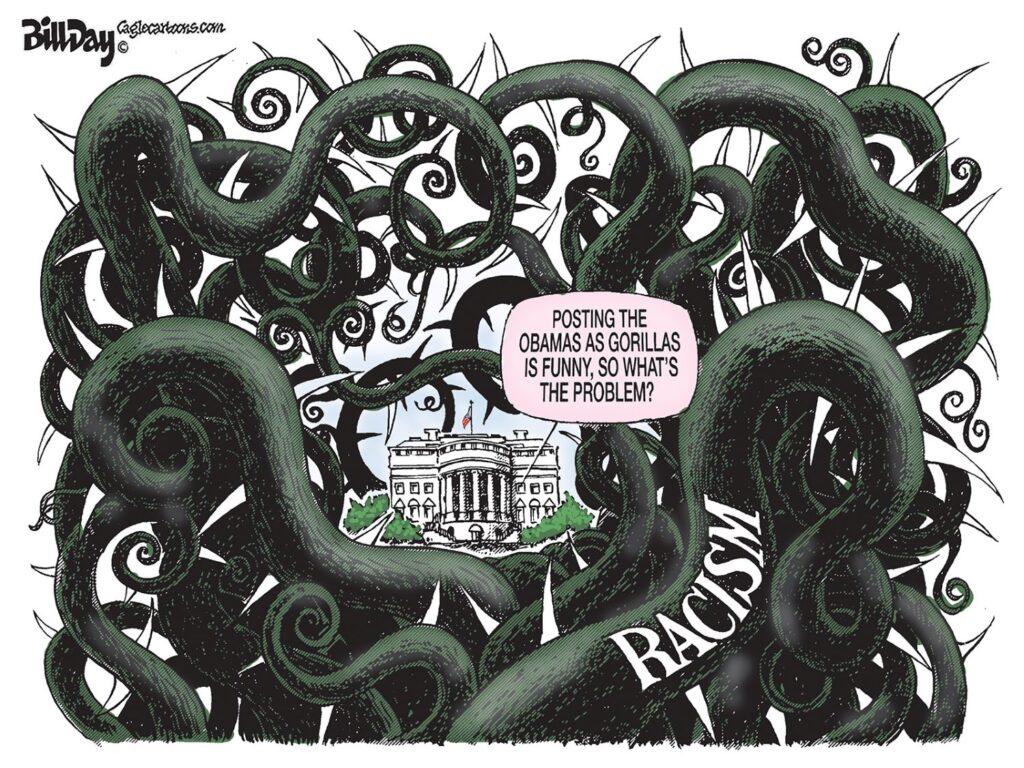Editor’s Note: There are times when the term, arbitrary and capricious, applies aptly to the way Memphis City Council can drag out approval. The term currently applies to approval of a new liquor store delayed because of an archaic and inconsistently enforced ordinance prohibiting liquor stores from operating within 1,500 feet of schools and churches. Today, that distance restriction has moved from obscure regulatory language into a high-stakes debate, with livelihoods, competition, and neighborhood development hanging in the balance. It has stalled efforts for community-minded entrepreneur Ethan Edwards, who has pledged to invest in local schools and neighborhood programs. Ultimately, City Council’s decision will not only determine the future of Mr. Edwards’ business, but it will also signal how seriously city government takes fairness, consistency, and investment in its own communities.
By Doug Ketchum
The French writer Jean-Baptiste Karr must have been thinking about Memphis when he coined the phrase “the more things change, the more they stay the same.”
That came to mind recently after hearing about the struggle Memphis businessman Ethan Edwards is having simply because he wants to open an exceptional wine and liquor store in East Memphis that promises to enhance the city’s business landscape and sharpen its competitive edge. I also realized that what he’s going through mirrors what I went through just nine short years ago. Our businesses are the same and the antagonist in this legal drama is the same, too.
Let me explain.
In 2016, my wife and I moved to Memphis from Utah to find better care for our disabled daughter. To make a living here, we bought an established wine and liquor store at the corner of Union and Kimbrough, Kimbrough Towers Fine Wines & Spirits and received a Certificate of Compliance from the City of Memphis to operate it. Little did we know that an old Tennessee law gathering dust in state legal annals required that people live in Tennessee for two years before they could get a liquor license. In June, The Tennessee Alcohol Beverage Commission (TABC) notified us that we had been approved for a state license to sell liquor in Tennessee, based in part on the Tennessee Attorney General’s opinion that the state’s residency requirement was unenforceable.
We barely had a chance to start our new lives in Memphis before The Tennessee Wine & Spirits Retailers Association challenged TABC’s decision and the matter wound up in court. The main antagonist behind this legal challenge: Josh Hammond, president and co-owner of Buster’s Liquors and an executive with the TWSRA, the state’s liquor store trade association. Although Mr. Hammond’s store at the time was the largest and arguably the most popular in Memphis, it was clear to us that Mr. Hammond wasn’t interested in more competition. The challenge to our state license dragged on for three years before the U.S. Supreme Court ruled in 2019 that the Tennessee residency requirement was unconstitutional.
Fast forward to today.
I don’t know Mr. Edwards well, but I have talked with him. He is trying to open a large, upscale and totally modern wine and liquor store in the heart of the East Memphis business district on White Station just south of Poplar.
Mr. Hammond is at it again.
Mr. Edwards received Certificate of Compliance on Sept. 25, 2024, from the City of Memphis, signed by Mayor Paul Young, to open the new store called The Station. As Mr. Edwards was building out The Station this spring and spending large sums of money to do so, all he needed was a state Conditional License pending the completion of construction from the TABC. But apparently Mr. Hammond, who boasts of powerful connections in the business and political communities, dug up another archaic law — this one buried in the Memphis City Charter– that says wine and liquor stores must be 1,500 feet from a church or school.
So, Mr. Hammond sued Mr. Edwards, along with The Station, the Memphis Alcohol Commission and the City of Memphis. As Mr. Hammond measures it, The Station is about 1,200 feet from a church and school, Woodland Presbyterian on Park. But as Mr. Edwards and his landlord measure it, The Station complies with the law. After several court and state TABC appearances and mounting legal bills, the matter is headed soon to the Memphis City Council. Before the TABC gives Mr. Edwards the final license, the commission wants the City Council to decide on the 1,500-foot requirement. Thus, the Council must decide whether this antiquated part of the Memphis City Charter will stand, or whether the Council should decide that this half-century old law is outdated.
If the Council allows this law to remain in place, nearly 20 local liquor stores throughout the city that are located less than 1,500 feet from a church or school will be forced to close. It’s curious that Mr. Hammond didn’t object when these smaller neighborhood stores opened within the 1,500-foot requirement. Apparently, he didn’t see them as competition.
But The Station is located halfway between Hammond’s two Busters stores and is designed to be larger than either of them. If the City Council fails to address this problem, it is worth noting that six of the 20 stores in violation of the 1,500-foot rule are owned by African Americans. Memphis is a city that can ill afford to push members of its minority population out of business.
What makes this situation even more ridiculous, grocery stores are exempt from this 1,500 -foot requirement. Kimbrough Towers Fine Wine & Spirits is located about a half mile west of Kroger on Union. All you need to do is purchase a bottle of wine at that Kroger store, exit the front door, walk less than two hundred feet across the street and you’ll be standing on the property of one of the city’s oldest and most historic churches, Idlewild Presbyterian Church.
Isn’t it time that the Memphis City Council brings our city into the 21st century? Regardless of where it’s located, running a legitimate business is not illegal and it’s not a sin. Neither is competition.
Doug Ketchum is owner of Kimbrough Towers Fine Wine and Spirits in Midtown Memphis.





